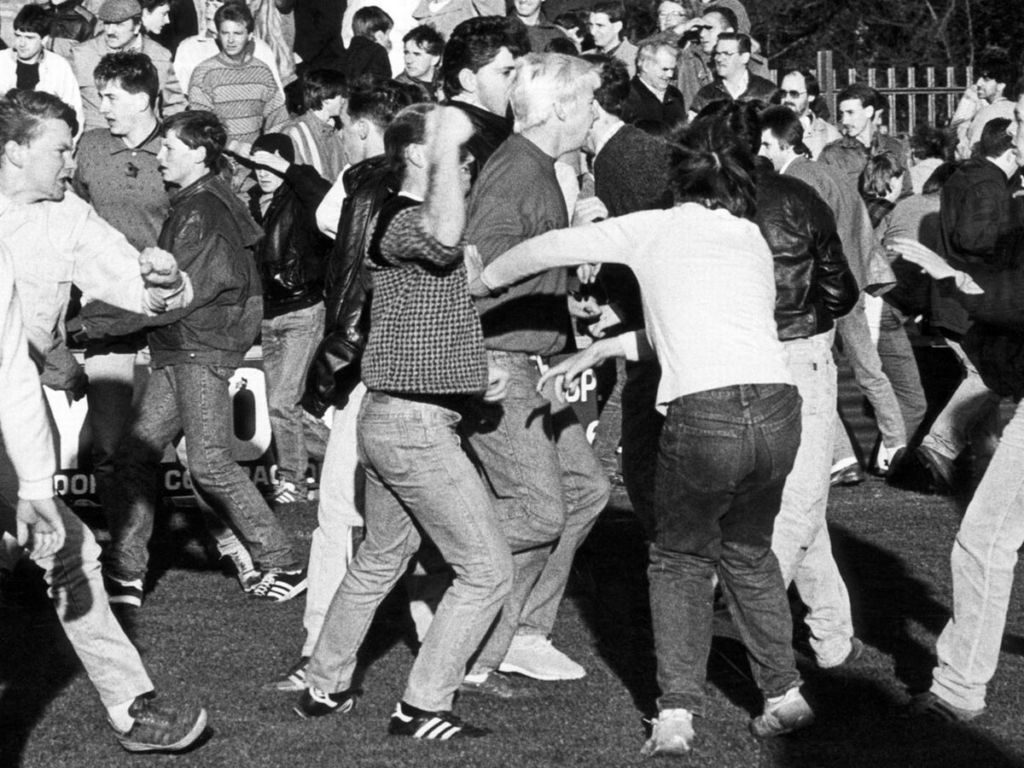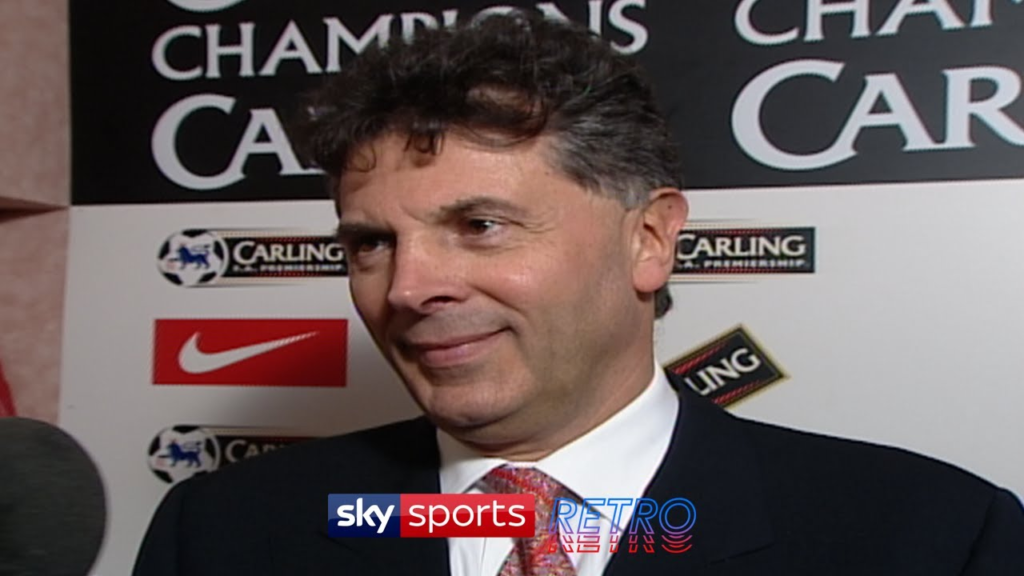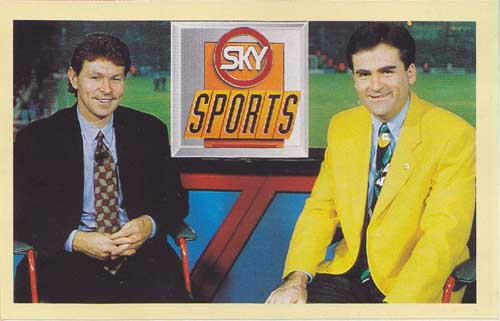The English Premier League (EPL) was not always the global phenomenon it is today. The top-flight competition gradually grew from an entity that was birthed out of conflict and necessity to become the gold standard for soccer/association football leagues.
How many years has the Premier League been going? The EPL has been in existence for 29 years. It was officially founded on 27 May 1992 to replace the Football League, which had been the topmost division since its inception in 1888.
The EPL hosts 38 matches per team and 380 matches in total every season to decide who will win its most coveted prize – the Premier League title. 20 teams compete in the competition, which is widely considered to be the toughest in the world, every season. To date, only 7 of the 50 clubs that have since competed for the honor have managed to clinch the EPL title.
A Little Background
By the 1980s, English football had existed for over 100 years and had sparked a revolution which had spread across Europe. English clubs were increasingly becoming popular and had managed to find success on the international stage, winning over half a dozen European titles from the late 1970s to the mid-1980s.
However, like its age, it was riddled with a number of challenges which threatened to slowly but surely reduce it to irrelevance and ultimately, extinction. Chief among them was hooliganism, which had reached fever pitch and had been a constant source of embarrassment for clubs, the Football Association (FA) and the country at large.

Most stadiums were also in a poor condition at the time and were in dire need of major improvements, which most clubs couldn’t afford. These two factors created a period often referred to as the “dark ages” of English football, which witnessed arguably two of the worst tragedies in football/soccer history – the Valley Parade Stadium and Hillsborough disasters.
152 supporters lost their lives and hundreds were injured in the two incidents. At this point, the government stepped in and came up with proposals, which sought to prevent similar calamities from happening in the future, in the form of a document called “The Taylor Report”.
Among the proposals of the report was the conversion of all stadiums into seated stadiums, which meant that clubs had to prepare to spend money which they didn’t (or more accurately couldn’t have). English clubs were desperate at this point and were shopping around for a permanent solution to their money problems.
The Main Reason the Premier League was formed
The EPL is by all accounts a breakaway league. Put differently, it came about after a number of top-flight clubs orchestrated a mass exodus from the Football League, rendering it redundant in the process.
Though the Football League had succeeded in standardizing and popularizing the sport, it had time and again failed in one critical category – the division of revenue. The Football League insisted on dividing its revenue between all its clubs across all its divisions (First, Second, Third and Fourth).

Most First Division clubs were against the practice and constantly voiced their displeasure to the league’s higher-ups. The decision makers however strung them along – a development which frustrated the clubs and ultimately pushed the clubs over the edge.
The Masterplan
By this time (the mid to late 1980s to early 1990s) most English clubs had adopted a corporate mentality. That is, they’d abandoned engaging in football solely for the love of the game and had begun envisioning all the revenue-generating financial opportunities they could tap into.
The league’s top clubs, led by Manchester United, Arsenal and Tottenham Hotspur, began demanding the lion’s share of revenue and were awarded half of the proceeds from 1986. The revenue was however still a fraction of the clubs’ expectations on account of the ever-growing viewership at the time.
The Football League did its best to accommodate the demands of the big clubs. All its actions were nevertheless half measures which only delayed the inevitable and culminated in a secret meeting that some football historians refer to as the dinner of the “big five”.

The said dinner was hosted in 1990 by Greg Dyke – the managing director of London Weekend Television (LWT), which was a subsidiary of (a larger broadcasting company named) ITV. In attendance were representatives from top five clubs at the time: Martin Edwards (Manchester United), Noel White (Liverpool), David Dein (Arsenal), Irving Scholar (Tottenham Hotspur) and Philip Carter (Everton).
The bigwigs ironed out a plan which would see a “super league” made up of 18 clubs formed ahead of the 1992-93 season. Dyke’s idea was simple albeit “selfish” – to only feature matches involving the top clubs on national television since only they tended to generate big revenue (from the television rights). The top clubs would in turn be compensated with a significantly larger share of the revenue.
After agreeing on the plan, the group sent David Dein of Arsenal as their emissary to the FA. Dein then proposed the idea to the FA and sought their support on the matter. The FA in turn communicated that they were open to the idea, giving the clubs the backing they needed to split from the Football League.

It is believed that at the time, the FA and the Football League did not see eye to eye. Then Football League president Bill Fox soon learned of the developments that were happening behind the scenes and between the FA and the top clubs and blasted the former claiming that it intended to usurp its role.
Jackpot!!!
The plan however proceeded and entered into the bidding stage in May 1992 where two companies – ITV and Sky Television PLC – battled it out for the television rights. ITV initially offered £205 million and later upped their bid to £262 million. They were however outbid by Sky Television PLC, who had the foresight to see that the proposed league had the potential of generating billions in revenue.

After concluding negotiations, the Premier League, then the FA Premier League, was officially constituted as a limited company later that month (on the 27 of May). It initially consisted of 22 members, who jointly resigned from the Football League to join it.
Today, the EPL has grown into a universal spectacle and boasts of a viewership of over 4 billion people worldwide. Its clubs share over £2 billion in revenue every season making it one of if not the most lucrative sports leagues in the world.
